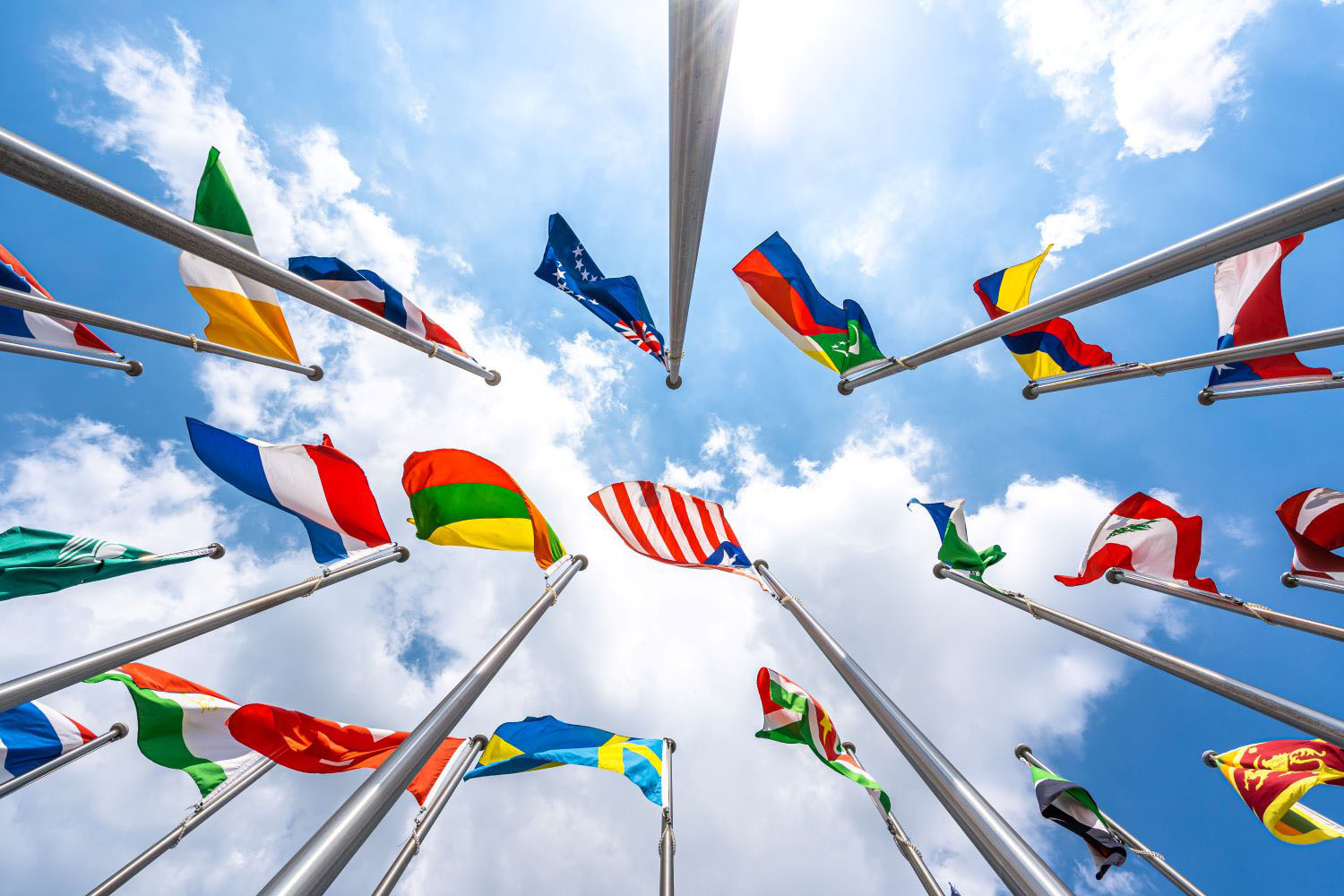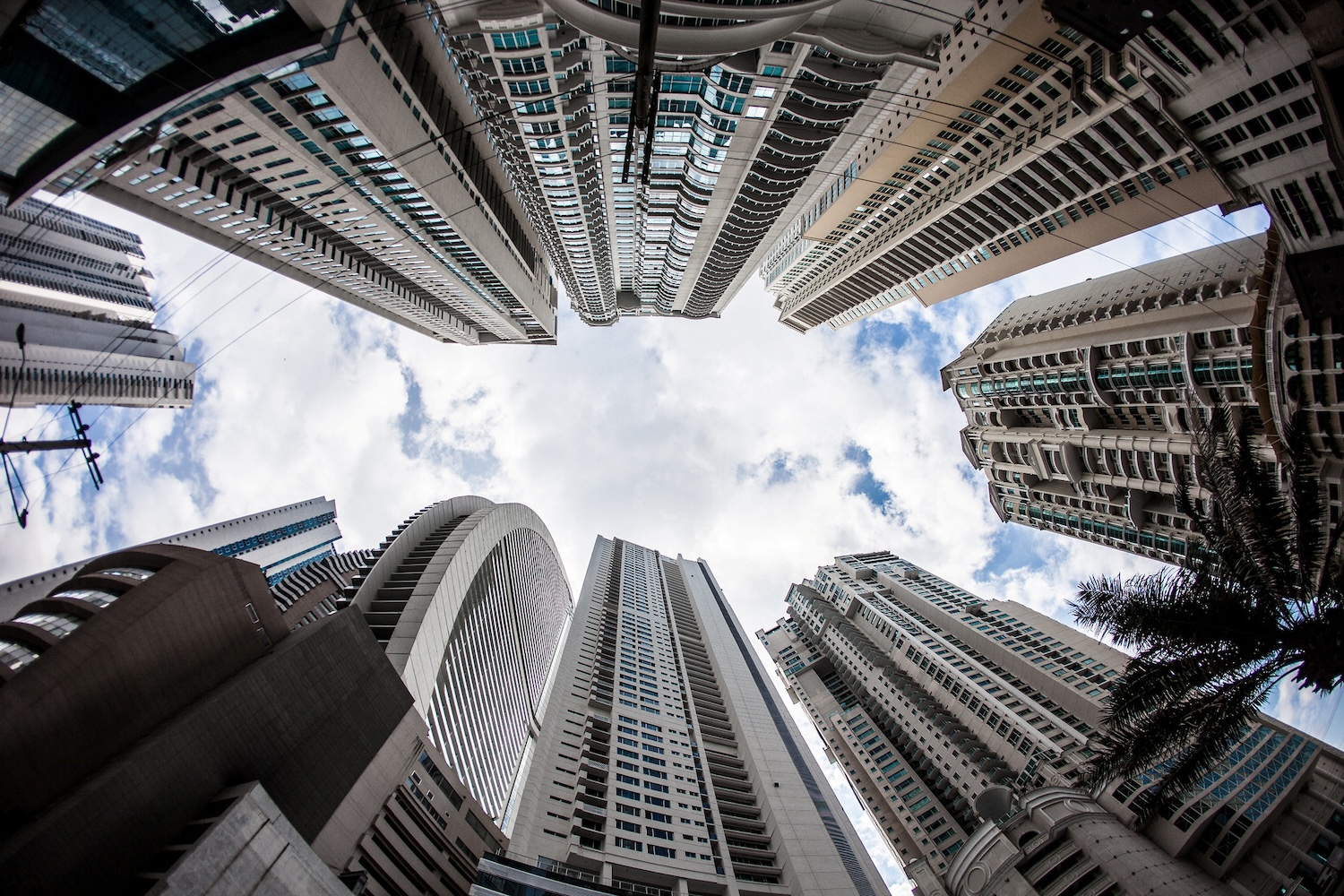Last week I gave a speech at the UN General Assembly (UNGA). I was the keynote speaker for a session on the global economy and the Millennium Development Goals. I came away with mixed feelings. On one hand, the inefficiency of the UN can be maddening—the place is badly overdue for a good skewering on The Daily Show. On the other hand, precisely because it provides an opportunity for all nations in the world to have their say, it has unique legitimacy that can be put to good use in setting global norms—such as purpose of development.Think of the UNGA as the legislative arm of the UN, with the Secretary General and the Secretariat playing the executive role. In the tradeoff between legitimacy and effectiveness, the UN gives up effectiveness (the G20 gives up legitimacy – see Ramachandran and Rueda-Sabater paper), and the UN’s legislative branch does so in spades.My remarks (see summary here) were delayed by about an hour while the Assembly considered a resolution on human security first proposed in 2005 (!), in response to an eminently reasonable 2003 report by a UN Commission co-chaired by Sagato Ogata and Amartya Sen. Among the dissenters to the resolution last week: Syria and Venezuela, who spoke in defense of national sovereignty; and the EU and the US, who urged attention in the resolution not only to material security but also to human rights.The series of statements, to which few in the grand assembly hall seemed to be paying attention, reminded me of what I’ve seen lately of proceedings in the U.S. House of Representatives on The Daily Show. At the UNGA there was live video streaming of the human security resolution debate but the Webcast and the giant screen in the assembly hall failed moments after I began to speak. At least the UNGA aims to be transparent in its proceedings. Unfortunately, the same can’t necessarily be said about its finances: my colleague David Roodman recently pleaded with the UN to routinely disclose the contributions it receives from member nations. In my remarks, I said that the near-term outlook of slowing growth at the global level does not bode well—not for faster growth soon, nor for a shift to growth that is more inclusive and sustainable, nor for achieving the MDGs by 2015. Part of the problem is political dysfunction in the US and Europe – which still make up more than 30 percent of the global economy. “Global citizens” in the US, EU and other rich countries, and the rich and influential wherever they live (China, India, Brazil), have a responsibility to hold their own countries accountable for domestic policies that at the least do no harm to their own and the world’s poor and vulnerable.As I said in an earlier UN speech, MDG #8, which sets out commitments made by the rich countries in 2000, has been the least well monitored and measured, with the odd exception, as Dani Rodrik recently noted, for Internet usage! CGD’s Commitment to Development Index is one of a handful of efforts to hold the rich and powerful accountable for the policies and practices impact on the world’s poor.During the discussion following my remarks, the Venezuelan delegate complained to the organizers that the invited speakers, including me, all seemed to represent a single way of thinking. I had suggested, among other things, that the political leadership in most developing countries had managed policies conducive to macroeconomic stability in the last decade, sometimes with encouragement from the IMF and World Bank, and that in turn had helped fuel high growth in many countries, as well as providing reasonably good resilience to the 2008-09 global financial crisis. Perhaps he objected to my contained praise for the IMF and World Bank.The delegate from the EU asked a good question: What is the role of the UN in dealing with the global economy? I answered that the UN’s key role is in setting norms for economic and other policies and processes. It has been the Secretary-General who, using moral suasion, has spoken up on behalf of poor countries and poor people at recent G20 meetings; and it was in the UN General Assembly that the Millennium Declaration and the Millennium Development Goals were agreed in 2000.Of course the various agencies of the UN spend money and run programs too. In the case of development, the United Nations Development Program is an important player. With good reason the UNDP is best known as the home of the Human Development Report which has shaped a new norm and set a high standard for what “development” is fundamentally about: not growth as an end in itself but better outcomes in their daily lives for more people.
In my remarks, I said that the near-term outlook of slowing growth at the global level does not bode well—not for faster growth soon, nor for a shift to growth that is more inclusive and sustainable, nor for achieving the MDGs by 2015. Part of the problem is political dysfunction in the US and Europe – which still make up more than 30 percent of the global economy. “Global citizens” in the US, EU and other rich countries, and the rich and influential wherever they live (China, India, Brazil), have a responsibility to hold their own countries accountable for domestic policies that at the least do no harm to their own and the world’s poor and vulnerable.As I said in an earlier UN speech, MDG #8, which sets out commitments made by the rich countries in 2000, has been the least well monitored and measured, with the odd exception, as Dani Rodrik recently noted, for Internet usage! CGD’s Commitment to Development Index is one of a handful of efforts to hold the rich and powerful accountable for the policies and practices impact on the world’s poor.During the discussion following my remarks, the Venezuelan delegate complained to the organizers that the invited speakers, including me, all seemed to represent a single way of thinking. I had suggested, among other things, that the political leadership in most developing countries had managed policies conducive to macroeconomic stability in the last decade, sometimes with encouragement from the IMF and World Bank, and that in turn had helped fuel high growth in many countries, as well as providing reasonably good resilience to the 2008-09 global financial crisis. Perhaps he objected to my contained praise for the IMF and World Bank.The delegate from the EU asked a good question: What is the role of the UN in dealing with the global economy? I answered that the UN’s key role is in setting norms for economic and other policies and processes. It has been the Secretary-General who, using moral suasion, has spoken up on behalf of poor countries and poor people at recent G20 meetings; and it was in the UN General Assembly that the Millennium Declaration and the Millennium Development Goals were agreed in 2000.Of course the various agencies of the UN spend money and run programs too. In the case of development, the United Nations Development Program is an important player. With good reason the UNDP is best known as the home of the Human Development Report which has shaped a new norm and set a high standard for what “development” is fundamentally about: not growth as an end in itself but better outcomes in their daily lives for more people.
CGD blog posts reflect the views of the authors, drawing on prior research and experience in their areas of expertise.
CGD is a nonpartisan, independent organization and does not take institutional positions.


 In my remarks, I said that the near-term outlook of slowing growth at the global level does not bode well—not for faster growth soon, nor for a shift to growth that is more inclusive and sustainable, nor for achieving the MDGs by 2015. Part of the problem is political dysfunction in the US and Europe – which still make up more than 30 percent of the global economy. “Global citizens” in the US, EU and other rich countries, and the rich and influential wherever they live (China, India, Brazil), have a responsibility to hold their own countries accountable for domestic policies that at the least do no harm to their own and the world’s poor and vulnerable.As I said in
In my remarks, I said that the near-term outlook of slowing growth at the global level does not bode well—not for faster growth soon, nor for a shift to growth that is more inclusive and sustainable, nor for achieving the MDGs by 2015. Part of the problem is political dysfunction in the US and Europe – which still make up more than 30 percent of the global economy. “Global citizens” in the US, EU and other rich countries, and the rich and influential wherever they live (China, India, Brazil), have a responsibility to hold their own countries accountable for domestic policies that at the least do no harm to their own and the world’s poor and vulnerable.As I said in 


